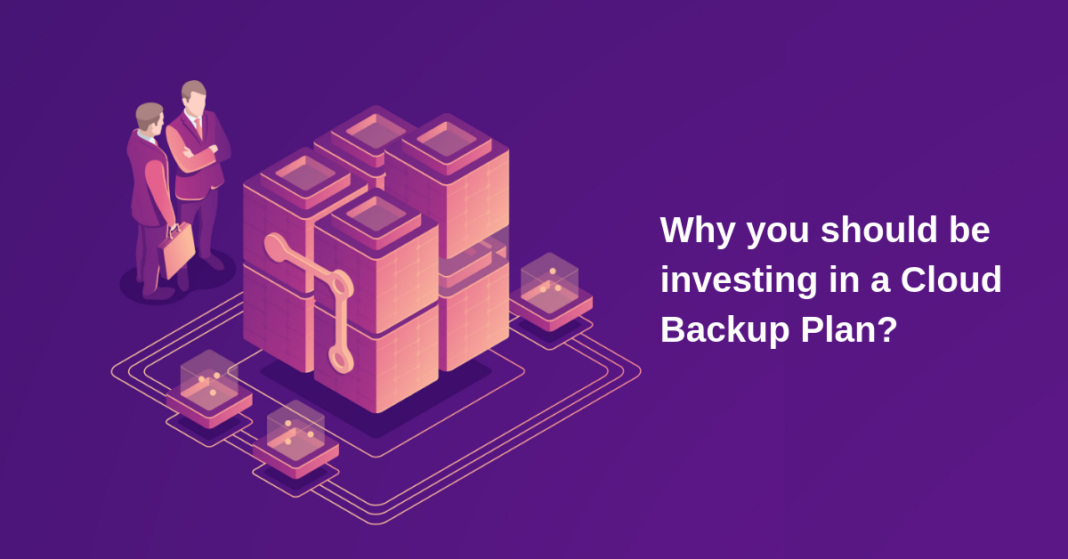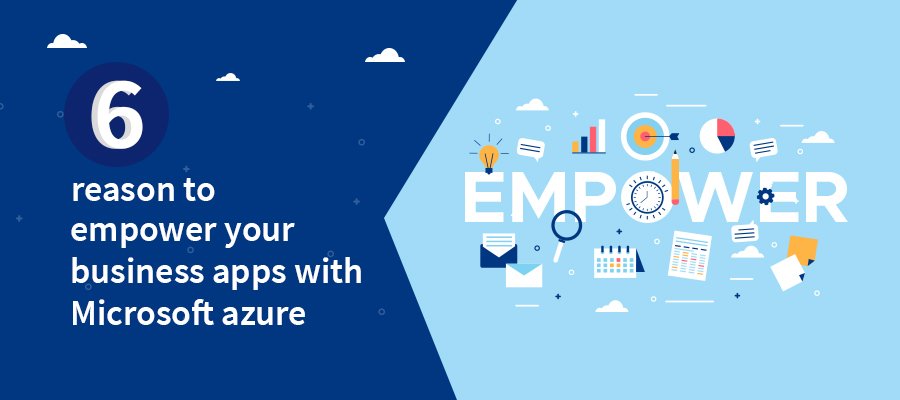Region
India
As times change and businesses grow, we can witness the rise in demand of enterprises for technologies that will manage
their data and resources better. The invention of cloud shook the market and still has enormous effect on enterprises. A
study revealed that more than 83% of all data would be cloud based within the next three years. The cloud is becoming
the buzzword. Let us look at few features of Cloud hosting that will explain its ever-rising popularity.
- Downtime during updates
-
- Cloud – Cloud services employ rolling upgrades by dividing the cloud into update
domains and performing updates one domain at a time, that is, only one domain will be down at a time.
This avoids service interruptions and impose very little capacity loss. This will barely impact your
services. - On-premises – A survey in 2007 on tradition hosting from multiple countries concluded that 8.6%
of upgrades fail, inducing unplanned downtime, with some administrators reporting failure rates up to 50%. Thus,
business will be negatively affected when your on premise server is updating.
- Cloud – Cloud services employ rolling upgrades by dividing the cloud into update
-
IT staff
-
- Cloud – IT professionals can invest on more productive and yielding work like as the
maintenance of servers is done by the third party vendor in virtual cloud. - On-premises – IT staff are appointed specifically for the maintenance and management of on
premise servers. The firm is responsible for the server
- Cloud – IT professionals can invest on more productive and yielding work like as the
- Expenditure
-
- Cloud – As the servers of cloud are bought, housed and managed by the third party vendor, the
capital expenditure will be less. You pay usually based on the volume of data you store and the additional
services you activate. - On-premises – A traditional server will include the cost of housing, cooling, power and many
others. In a fully realistic scenario, the on-premise hosting is approximately 30% costlier than cloud.
- Cloud – As the servers of cloud are bought, housed and managed by the third party vendor, the
- Traffic
-
- Cloud – Load balancing and auto scaling enables cloud to distribute workload across different
servers and it also can avail additional resources when required. Because of these attributes, the overall
annual growth rate of cloud workloads from 2014 to 2019 is projected to be 27%. - On-premises – Traffic will certainly slow down your services and the prospect of losing
business is high. Due to the absence of such features conventional servers are not equipped to handle high
workloads much efficiently.
- Cloud – Load balancing and auto scaling enables cloud to distribute workload across different
- Deploying an application
-
- Cloud – Cloud SaaS model of software delivery enables a mechanism to seamlessly deliver
software over the internet, thereby, eliminating the need to deploy software to each application user. - On-premises – The process of deploying an application on premise takes a lot of hard work and
time. This can take weeks or even months depending on how complex the application is and the number of users.
- Cloud – Cloud SaaS model of software delivery enables a mechanism to seamlessly deliver
- Instant provision
-
- Cloud – Cloud hosting enables instant provisioning as installation and configuration is
eliminated. It saves time. - On-premises – In on premise hosting, the application has to be installed and configured to
access. These processes consume a lot of time.
- Cloud – Cloud hosting enables instant provisioning as installation and configuration is
- Updates
-
- Cloud – Updates are frequently available in cloud and is handled by the third party. Thus, your
firm will not have to worry about it. - On-premises – Updating in traditional servers is cumbersome and has to be done individually in
every server. Moreover, updates in such hosting disrupts business and may require downtime leading to potential
security vulnerabilities.
- Cloud – Updates are frequently available in cloud and is handled by the third party. Thus, your
- Connectivity
-
- Cloud – Your firms can enjoy the features of cloud computing which enables access of files and
data from any device and from anywhere on Earth. In fact, a Frost & Sullivan survey presented that companies
investing in cloud increased their productivity by 400%. - On-premises – Data stored in the server cannot be accessed by employees easily. This interrupts
connectivity and collaboration between your employees. In fact, on premise hosting is at a disadvantage when
cloud can get it done in seconds or minutes.
- Cloud – Your firms can enjoy the features of cloud computing which enables access of files and
- Security
-
- Cloud – Cloud has various features like cloud app security, CASB, etc which protect data when
it is stored and transmitted. Cloud has features that can even safe guard your backup. - On-premises – The firm will have to pay to install applications to secure data in traditional
servers as it is responsible for the security and maintenance of the set up.
- Cloud – Cloud has various features like cloud app security, CASB, etc which protect data when
- Latency
-
- Cloud – While in cloud, your firm will not face the issue of latency as it is low and the data
can be accessed from anywhere at any time using any device. - On-premises – Although on premise servers can be assessed from anywhere, the experience will
not be very comfortable due to high latency. This will hinder business progression and lead to loss.
- Cloud – While in cloud, your firm will not face the issue of latency as it is low and the data
- Scalability
-
- Cloud – Cloud provides greater flexibility as you pay for what you use and can easily scale to
meet your demand to store data. - On-premises – Conventionally, new servers are bought when the old one runs out of space to
store data. Thus, a growing company will have to spend on servers and its maintenance frequently.
- Cloud – Cloud provides greater flexibility as you pay for what you use and can easily scale to
Hopefully, now you have a better understanding of cloud infrastructure and know how it has made businesses environment
much easier and safer.
ABOUT REDINGTON
Even though cloud is relatively new, it is constantly fulfilling major needs and demands of firms. I am certain that you know how Cloud enablement needs specialized skills and we can help you with that. We at Cloud business group of Redington (India) Limited, a Leader in the Information technology industry can provide you with Readily available and Customized cloud infrastructure Solutions Packs that can be avail based on your requirement. We also provide additional Services such as One time Implementation, 24×7 Monitoring, Technical Support (may vary based on pack availed), OS Management & Patching, Backups management, Security Best practices, 1 Dedicated IP, end-to-end cloud management and many more. We at Redington cloud Solutions, help your business overcome key business and technical challenges, open up new streams of revenue and win the cloud race like a king!
Talk to our cloud experts now to revitalize your business with the amazing benefits cloud has to offer.





